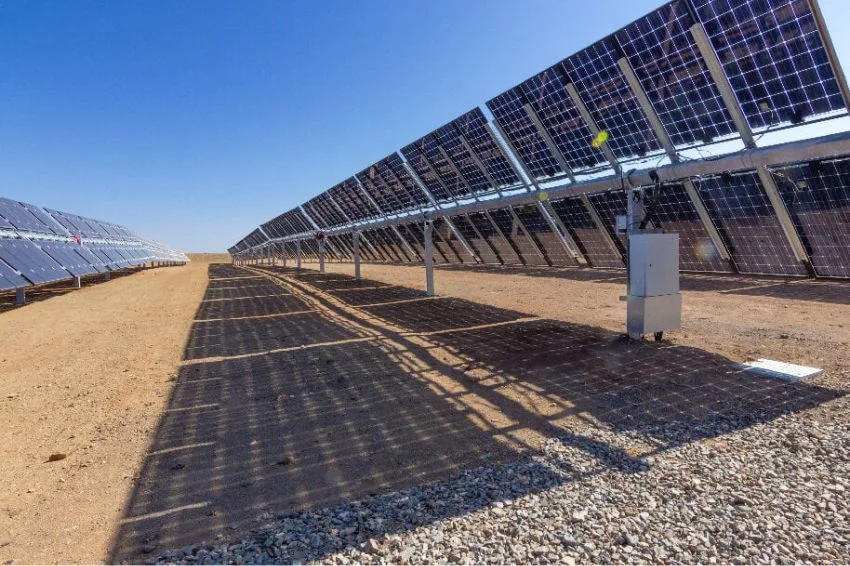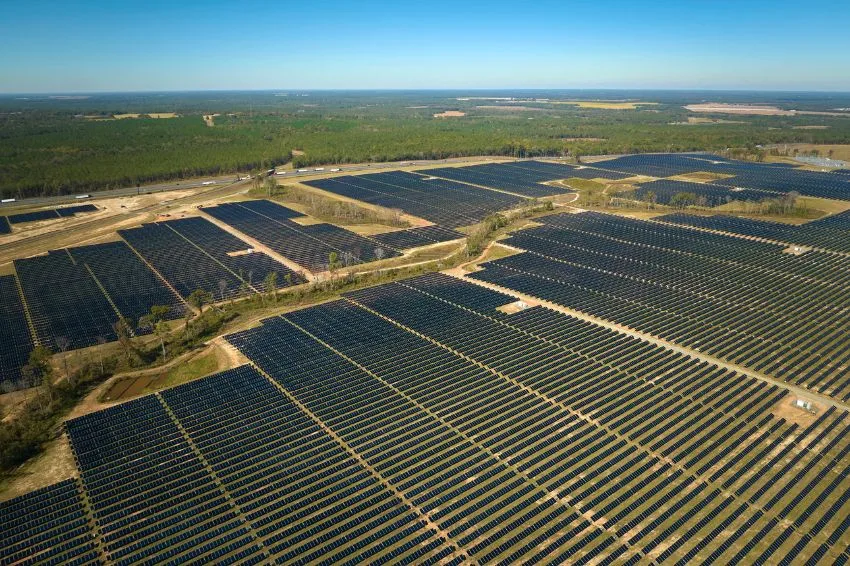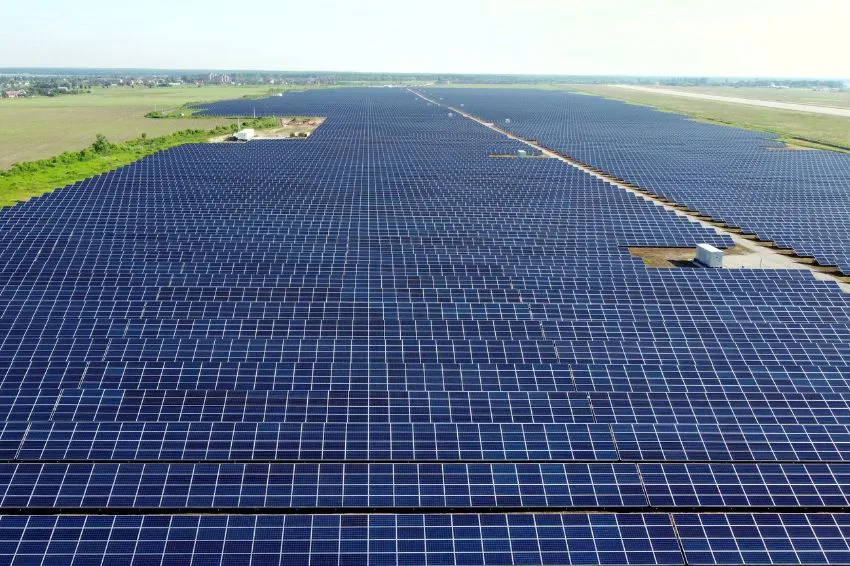The 26th United Nations Conference on Climate Change, COP26, ended on Saturday (13), a day late, after concluding the final text that was approved by almost 200 member countries.
The document ended up being softened compared to previous drafts, which envisaged accelerating the elimination of coal and fossil fuel subsidies. In the final version, the term “coal elimination” was replaced by “reduction”, following a last-minute request from India and pressure from China.
The richest member countries also re-committed US$ 100 billion per year until 2025 to finance measures to prevent temperature rises.
During a speech at the event, Joaquim Leite, the Minister of the Environment, emphasized, however, that this amount is no longer enough “so that the world can build a new green economy with a responsible transition”.
Despite declaring that the final text of COP26 reflects the “interests, contradictions and the state of political will in the world today”, UN Secretary-General António Guterres reinforced that the world must accelerate climate action to limit global warming at 1.5ºC. “It’s an important step, but it’s not enough. It’s time to turn on emergency mode”, he warned in a video published on his social networks.
In a press conference, British Prime Minister Boris Johnson, on Sunday (14), highlighted that the final text of COP26 is a “watershed” that will be the “death sentence for coal energy”. But it also showed that the agreement brought a “tone of disappointment”.
“Those for whom climate change is already a matter of life and death, who can only watch as their islands submerge, their farmland turns to desert, who have their homes destroyed by storms, these people required a high level of ambition of the conference”, he declared.
Without explicitly mentioning India and China, which acted to soften the COP26 agreement, Johnson criticized the summit participants. “While many of us were up for it, the same was not true for everyone. […] Unfortunately, this is the nature of diplomacy. We can lobby, persuade, encourage, but we cannot force sovereign nations to do what they don't want to do. At the end of the day, it’s their decision, and they should support it.”
Main achievements of COP26
- It brought together around 50 thousand participants online and in person;
- More than 120 countries have committed to containing and reversing deforestation by 2030;
- Governments and companies have committed to ending the sale of transport with internal combustion engines by 2035 in the world's main markets;
- More than 100 countries, including the United States, have agreed to reduce methane emissions by 2030;
- Large coal users, such as Poland, Vietnam and Chile, agreed to abandon the use of the ore;
- China and the USA announced a climate cooperation agreement over the next 10 years to take measures to reduce methane and carbon emissions, transitioning to adopting clean energy;
- Around 500 global financial services companies have agreed to raise US$ 130 trillion to achieve the goals set out in the Paris Agreement.















